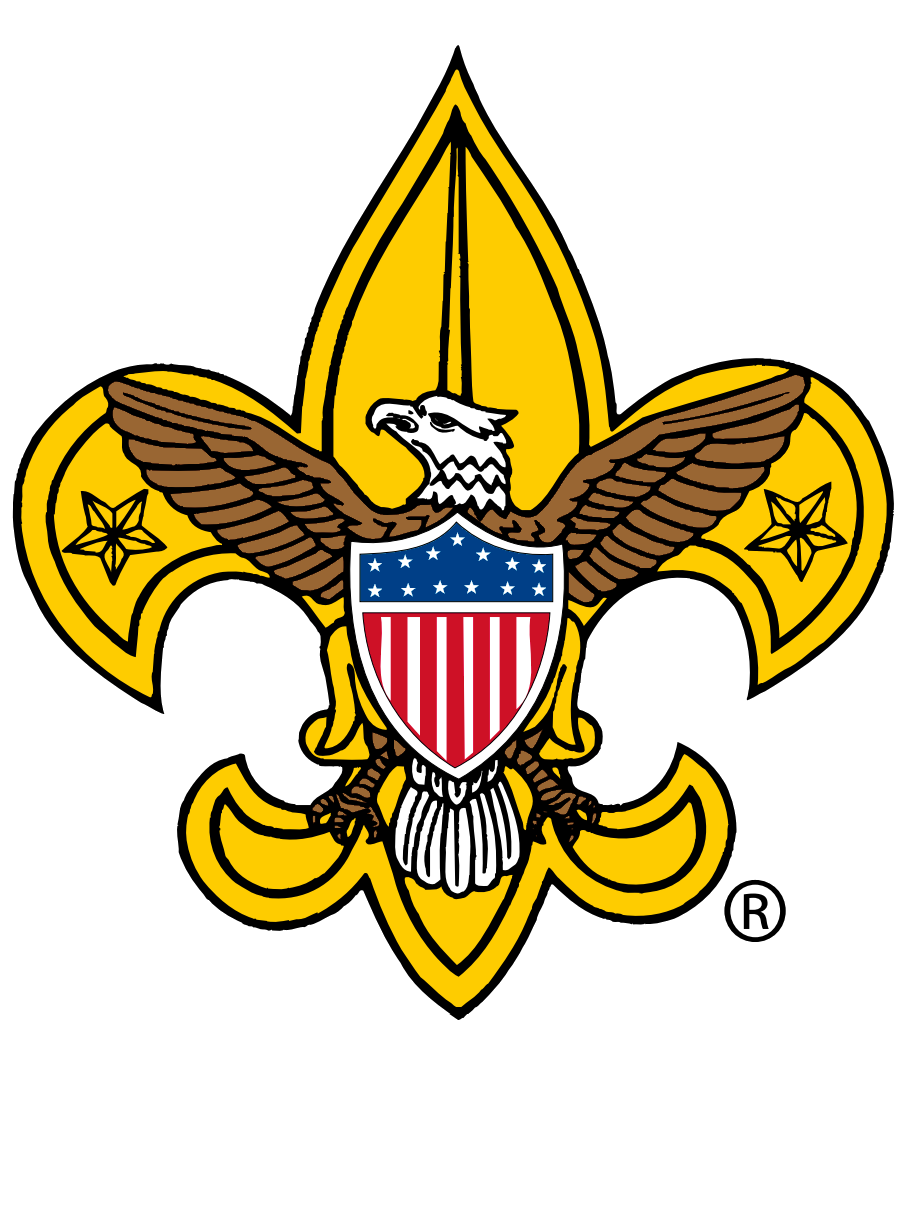Job Description
The Outdoor Ethics Guide helps the troop plan and conduct an outdoor program that emphasizes effectively practicing the Outdoor Code, the Leave No Trace principles, and the Tread Lightly! principles. Guides work to help Scouts improve their outdoor ethics decision-making skills to help minimize impacts as they hike, camp, and participate in other outdoor activities. In particular, they support Scouts who are working to complete the relevant requirements for the Tenderfoot, Second Class, and First Class ranks.
Overall Responsibilities
- Assures the troop adheres to the Principles of Leave No Trace, Tread Lightly, and the Outdoor Code
- Sets a good example
- Wears the Scout uniform correctly
- Lives by the Scout Oath and Law
- Shows Scout spirit
- Explain and Demonstrate Advancement Requirements.
- Help the Troop Plan and Conduct an Effective Outdoor Ethics Program. …
- Prepare Den Chiefs to Share Principles. …
- Help Scouts to Understand and Plan Conservation Activities. …
- Encourage Scouts to Complete Outdoor Ethics Awards and Merit Badges. …
- Complete Self-Evaluation
Requirements
Complete the following Outdoor Ethics Education Position skills development and teaching experience activities
While serving as an OEG, earn the Outdoor Ethics Awareness Award:
- Recite from memory and explain the meaning of the Outdoor Code.
- Watch the National Park Service Leave No Trace video..
- Complete the Leave No Trace online course. Print the certificate.
- Complete the Tread Lightly! online course. Print the certificate.
Participate in an outdoor ethics course, workshop, or training activity facilitated by a person who has completed the BSA outdoor ethics orientation course or is a BSA outdoor ethics trainer or master
- With the approval of the OEG Adult Advisor, prepare and deliver a written and classroom Training presentation to teach one principle of Leave No Trace principals utilizing the LNT North American Skills & Ethics booklet materials https://lnt.org/wp-content/uploads/2018/10/North-America-Skills-_-Ethics.pdf
- Alternatively in lieu of requirement 7 above, prepare and deliver a presentation for use by Den Chiefs of Leave No Trace Principles for Kids, with specific lessons for Lion/Tigers, Wolf, Bear and Webelos programs.
- If the Scout has not completed NYLT, the Scout should complete the BSA Fundamentals of Training course https://filestore.scouting.org/filestore/training/pdf/511-037WB.pdf
B. Earn the Scout Action Award
Requirements
- Do the following:
- Unless already completed, earn the Outdoor Ethics Awareness Award.
- Complete the BSA Outdoor Ethics Orientation Course.
- Explain in writing how each of the four points of the Outdoor Code guides your actions when outdoors.
- Do the following:
- Read and report on Chapter 7 of the Boy Scout Handbook on Outdoor Ethics.
- Teach a skill related to the Outdoor Code or Leave No Trace to another Scout in your troop or another Scouting unit.
- Complete one of the following:
- Successfully complete a four to six month, or other agreed upon term approved by the Scoutmaster, as an Outdoor Ethics Guide.
- Participate in an outing that emphasizes the complete set of Leave No Trace or relevant Tread Lightly! All members of the troop participating in the outing should use the outdoor ethics and the specific skills needed to minimize impacts from their use of the outdoors.
- Teach the Outdoor Code, Leave No Trace, or Tread Lightly! principles on three outings. Write a report of at least a paragraph on each outing explaining how the Scout followed/taught the Outdoor Code, Leave No Trace, or Tread Lightly! Share it with your unit leader or an individual who has completed the BSA outdoor ethics orientation course.
- On a troop outing, help your troop plan and conduct a conservation service activity that addresses recreational impacts related to the type of outing. The project should be approved in advance by the landowner or land manager and lead to permanent or long-term improvements.
Monthly activities
- Within thirty days of appointment to the OEG position, meet with an assigned OEG adult advisor and develop a schedule for completing the Skills Development and the completion of three of the following activities:
Training
- Explain and Demonstrate Outdoors Ethics Related Rank Requirements (Page 9, Handbook)
- Demonstrate how to practice the Outdoor Code, LNT and Tread Lightly! Principles on Troop campouts
Leadership
- Help the Troop plan and conduct an Effective Outdoor Ethics program in all of its activities through an annual outdoor ethics plan,
Teaching
- Prepare Den Chiefs to share OEG Principles using The Outdoor Code and LNT principles for Kids
Conservation
- Help Scouts understand and plan Conservation Projects.
Advancement
- Encourage Scouts to complete Outdoor Ethics Awards and Merit Badges.
- Attend, or arrange for another OEG to attend, each PLC meeting that includes an outing and prepare at least one OEG presentations for the Troop meetings leading up to each outing. At the PLC, lead, explain and present the “Planning an Outing Worksheet” to be the PLC for each Troop Outing.
- Each month attend at two Troop meetings and participate in leading a brief OEG opening activity that can include the recitation of the Outdoor Code and the LNT principles as part of each meeting agenda.
- Meet each month with an assigned OEG Advisor to review/self-evaluate personal progress and performance on each activity utilizing the Outdoor Ethics Guide Goals and Evaluation form.
- Participate in the Troop Annual Planning activity to provide information for each Troop monthly outing/activity to facilitate an OEG teaching/learning activity, and encourage Troop Conservation Service Planning for each outing, as appropriate.
- Support and train Scouts engaged in backcountry summer programs on the special OEG skills and principles for such activities
